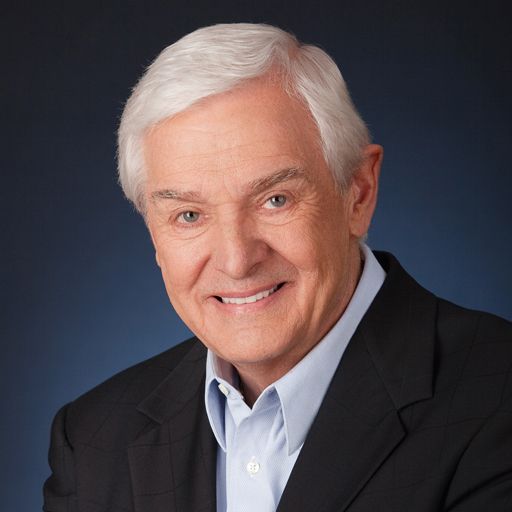Most people agree that there is too much strife in our world today. And with strife comes pain and wounds to our soul. Physical warfare actually serves as a metaphor for the spiritual warfare and pain we encounter in our daily lives. For example, the story of the Israelites finding rest in the Promised Land after fighting the Canaanites was used by the author of Hebrews as an image of our own spiritual victory in Christ. And just as there are physical and psychological wounds in physical warfare, there are wounds in spiritual warfare as we journey through this life.
But here is the most important parallel: Just as it is possible to see beyond the pain of physical wounds from war, it is possible to see beyond the wounds of this life. In fact, it is even more possible! If wounded warriors from the battlefield have hope for recovery in this life, how much greater is the eternal hope we have in Christ Jesus for healing of our body, soul, and spirit?
Think about the wounds we experience in this life: illness, accidents, emotional stress and depression, failure in our vocational pursuits, rejection by those we love, the list could go on and on. These are real events that have the potential for leaving wounds. You and I know what those wounds feel like since we have all experienced them to a degree. Sometimes the pain is so intense we feel like giving up—just as soldiers returning from war sometimes feel overwhelmed with their personal challenges.
No man-made organization in the world can say, “You will be completely healed of all your wounds.” No organization can restore lost limbs or erase the psychological wounds of war. They do the next best thing—they equip soldiers to create a new life in spite of their battle scars and limitations.
Only the Christian can see beyond the limitations of this world to a day when “God will wipe away every tear from their eyes; there shall be no more death, nor sorrow, nor crying. There shall be no more pain, for the former things have passed away” (Revelation 21:4). Every Christian’s wound may not be healed in this lifetime, but it will be healed in eternity. The Christian’s challenge is to put their hope in the promises of God.
Who we believe in makes all the difference. We believe that the same God who created the world cares about its every detail—the sparrows in the sky (Matthew 10:29), the lilies in the field (Matthew 6:28-29), and the hairs on our head (Luke 21:18). We know we can cast all our care upon Him because He cares for us (1 Peter 5:7). And we trust that “all things work together for good to those who love God, to those who are the called according to His purpose” (Romans 8:28).
We will see and experience pain in this life—believing in the God of the Bible doesn’t change that. But the Bible promises that beyond this life we can look to heaven as the ultimate way to respond to the unpredictable pain we experience here.
The writer to the Hebrews uses the patriarchs as an example of those who lived by looking “afar off” to a “better, that is, a heavenly country” where “[God] has prepared a city for them” (Hebrews 11:13-16). And we are to live the same way.
Like soldiers on the battlefield, sometimes we experience painful wounds in this life. But we are not confused about the purpose or point to everything that happens to us—including pain and grief. Paul wrote that the purpose is so we might be “conformed to the image of [God’s]
We thank God for those who help our wounded warriors receive the help and healing they deserve. Even more, we thank God that He has provided an eternal home where death, sorrow, crying, and pain will have “passed away” forever (Revelation 21:4).
That promise sustains us now, as we turn our eyes upon Jesus and His promise of heaven with Him one day, and we pray, “Even so, come, Lord Jesus!” (Revelation 22:20).
Dr. Jeremiah is the founder and host of Turning Point for God and senior pastor of
Shadow Mountain Community Church in El Cajon, California.
For more information on Turning Point, go to
www.DavidJeremiah.org.








